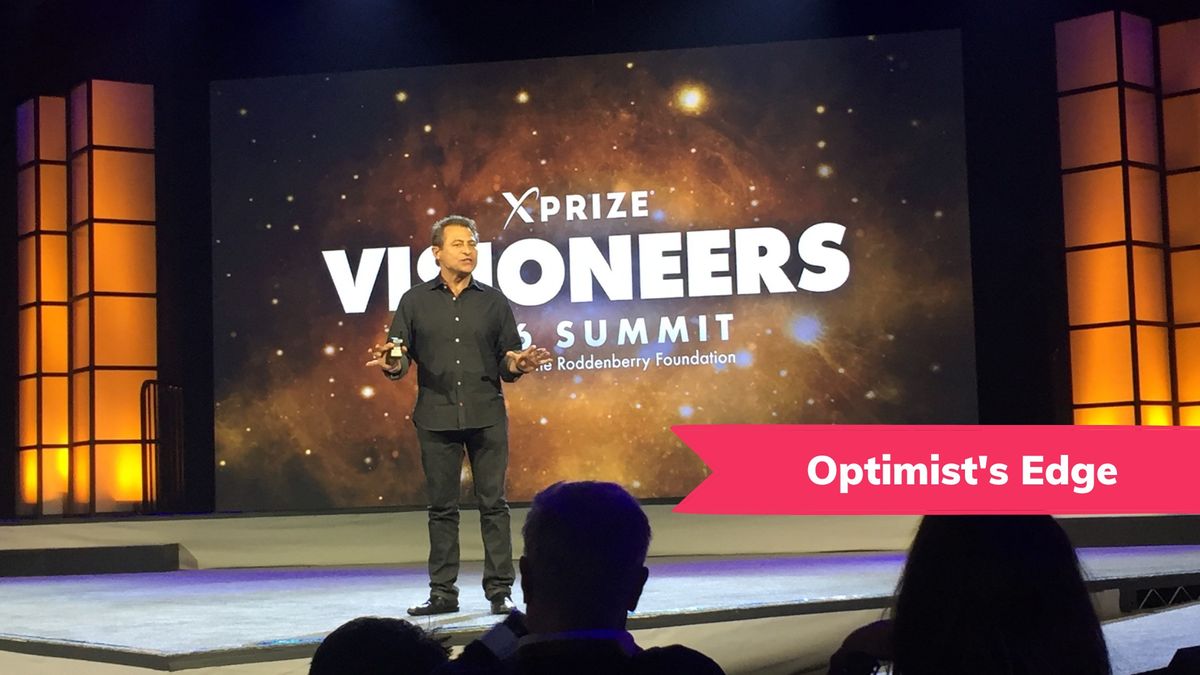
🏆 XPRIZE aims to add 10 healthy years of life - $101 million in prize money
The winner will succeed in rejuvenating several vital body functions by at least 10 years, for people aged 65 to 80 years old.
Share this story!
The XPRIZE Foundation is now launching the largest-ever prize competition in history, with a total prize sum of $101 million.
The winner will have developed a cost-effective treatment that, within a maximum of 12 months, restores muscle, cognitive, and immune functions by at least 10 years. These functions should thus be rejuvenated by at least ten years in individuals aged between 65 and 80. If any team achieves rejuvenation of 20 years, they win an extra $20 million.
The first team to reach this goal wins, but they only have until the year 2030 at the latest.
The competition primarily focuses not on longer life expectancy, but on extending the healthy years (healthspan). However, this is a step towards living longer. If we learn to restore lost functions in our body, we begin to slow down aging.
Watch the launch.
Competitions are a smart way to accelerate progress
I have previously written in an Optimist's Edge article about why competitions, like this one, are so ingenious:
Competitions accelerate innovation by crowdsourcing both ideas and funding.
In many competitions, the money invested by all teams is often considerably larger than the prize money, not infrequently 10 or 20 times greater.
Even more important is the diversity of ideas. In "normal" innovation, it is usually those who work in a field who are involved, but in a competition, others get the chance to test their ideas.
A well-designed competition attracts many brains and purses, pushing innovation forward.

I have also written about how my plan is to live to be 122 years old, to begin with.

Mathias Sundin
The Angry Optimist
By becoming a premium supporter, you help in the creation and sharing of fact-based optimistic news all over the world.



